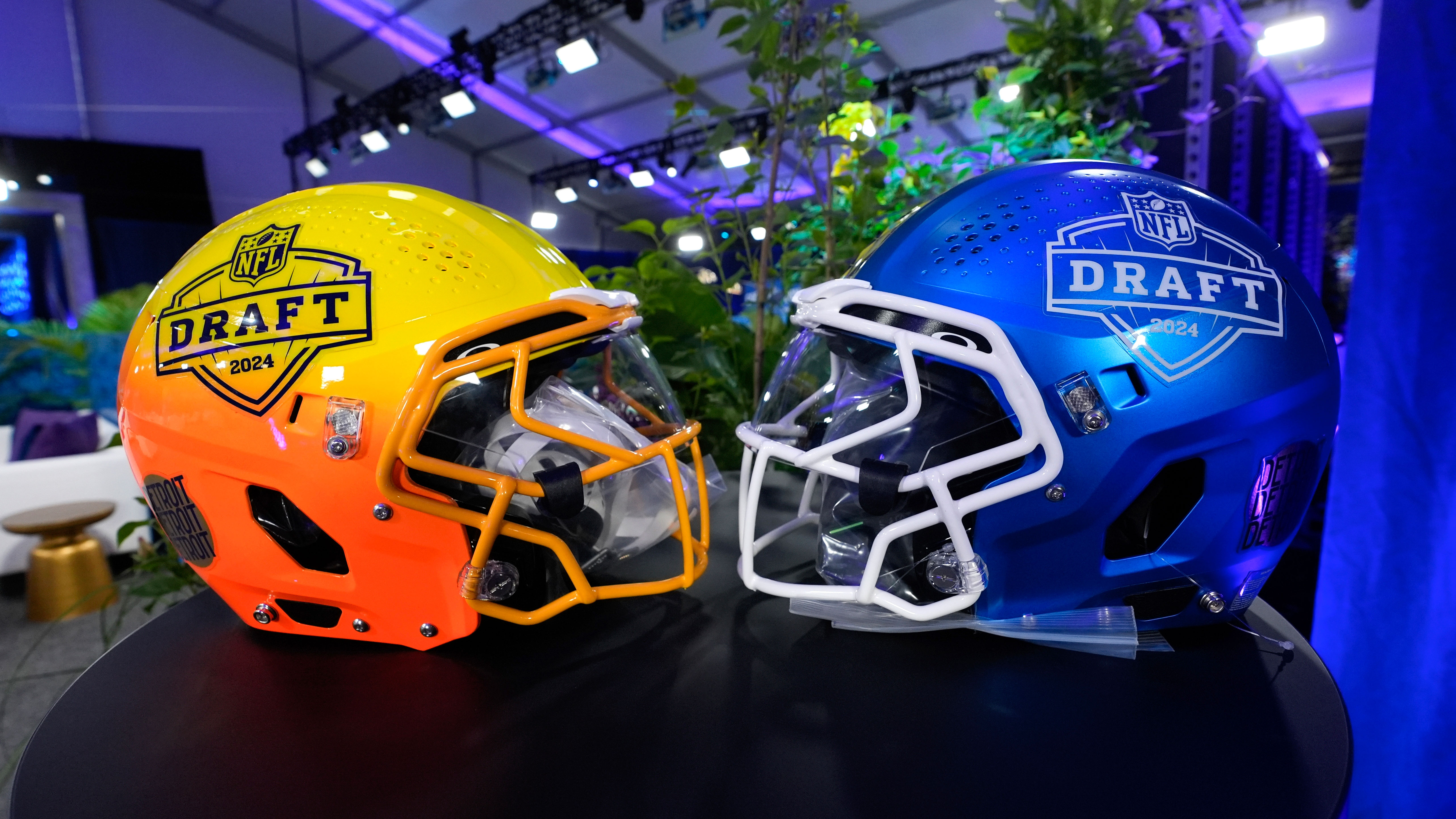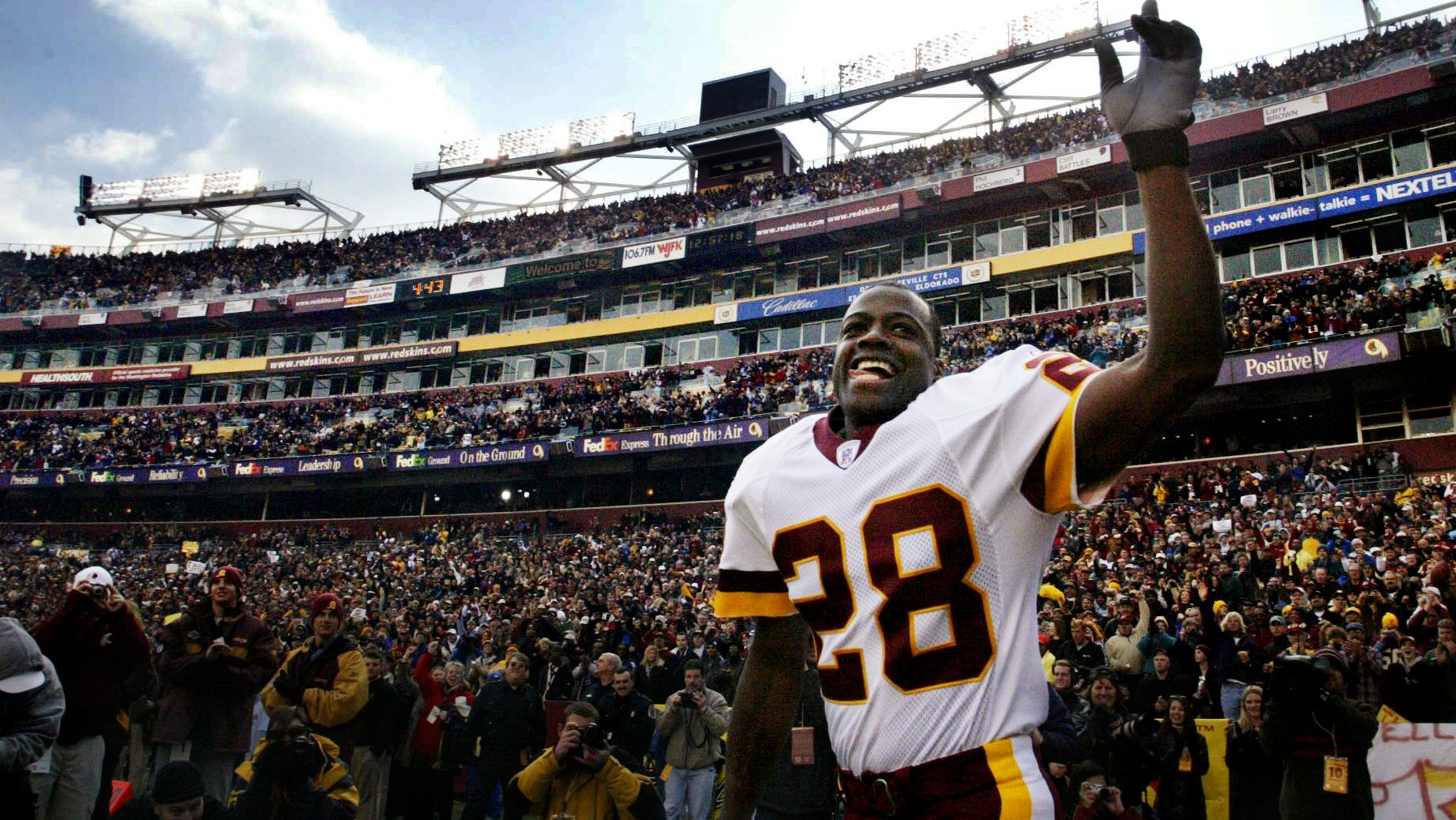
The NHL has been addressing the current crisis facing the world economy, and especially the U.S. The trouble is that nobody knows nuthin' about where the recession is headed (see: The vagaries of the Presidential debates), so there's a lot of "not yet, but ..." sort of conversation about its impact on the NHL.
When they do get specific, you can't help but wonder if the fundamentals of their economic understanding are strong. Like when NHLPA chief Paul Kelly told Canwest last week:
Kelly, who represents roughly 700 players, noted that TV audiences, and therefore revenues, tend to go up when fewer fans attend games.
Low attendance can be associated with fan apathy as easily as it can be with affordability. But here's the real issue: The NHL's local viewership numbers are so pathetically minuscule that the difference between 18,000 fans and 14,000 fans in the building can massively affect viewership totals? Seriously?
Television and gate revenue aside, there's a larger concern the NHL has yet to address, which is how this downturn affects the potential relocation of franchises. If you believe a recession hastens it, Washington Capitals owner Ted Leonsis told me that franchise sales won't be easy in a recession.
Sports
"If you're an owner trying to sell a team, it would affect you today because you can't get financing," said Leonsis, stressing that the Capitals aren't for sale. "It's just like a consumer: You can't buy a ‘reach' house anymore, because they want you to put down 30 percent, and they want to make sure they know how much you make and whether you can service the debt."
Still, there are NHL franchises looking about as healthy as Amy Winehouse with a head cold. The venerable Forbes magazine believes three of them are the Phoenix Coyotes, Nashville Predators and New York Islanders; and it's placed that trio on its list of "The 10 Sports Franchises Most Likely To Move."
The criteria, from Forbes.com:
Which major U.S. sports franchises are most likely to decide they can find greener pastures elsewhere? A look at team valuation and attendance trends, together with venue deals and market sizes, would seem to make these 10 among the most fidgety. Note: Attendance figures, used as a criterion for the NBA, NHL and NBA, was not considered for NFL teams, all of which average over 60,000 fans for eight home games per season. The franchises were ranked based on the total number of teams in their respective leagues, while market size ranking was based on nationwide metropolitan areas as determined by the U.S. Census Bureau.
Forbes put its list in a clickable photo gallery. Starting with the Islanders, Forbes indicates their franchise value has dipped from $160 million three years ago to $149 million now. The rationale:
The Islanders market size is a bit misleading, since sharing the New York stage with the Rangers and Devils keeps the fan base mostly limited to Long Island. And the passion of that fan base has taken a turn south since the club's glory years of the 1980s. The team desperately needs the amenity-filled new arena it's pushing for to draw the casual fans who aren't coming to plain old Nassau Coliseum. If it doesn't happen, a franchise that was once among the greatest ever (four straight Stanley Cups Cups from 1980 to 1983) could bite the dust.

The Coyotes have increased in value by $11 million in the last three years, but Forbes believes they're still "likely" to move:
Despite the presence of the legendary Wayne Gretzky as a partner and head coach, hockey just doesn't score in the Valley of the Sun. Attendance has been consistently poor, and playing in municipally owned Jobing.com arena means relatively less revenue under the team's control. The club's original home, Winnipeg, might be a wise destination--a fresh start in a real hockey market.
Finding the Predators on this list won't surprise anyone; discovering that they're playing in the No. 39 media market in the U.S. might. From Forbes:
Predators ownership went into the season armed with a contract clause with the Nashville officials stipulating they could leave town if the team didn't draw at least 14,000 fans per game to the city-owned Sommet Center. They wound up at just over 14,900 per game. No word on whether owner Craig Leipold tried to channel Rachel Phelps (character who played the Cleveland Indians owner in Major League) in an attempt to sabotage attendance.
The reference to "owner Craig Leipold" could be an indication of the 30-or-so seconds of time and effort that went into compiling this list. Ignoring the last several months of "Boots"-Gate and other ownership issues had us checking the publication date. ("Tom Van Riper, 10.08.08, 6:00 PM ET") We're also not sure if it's fair to place the Islanders on a list like this before the ownership-feuding Atlanta Thrashers, for example.
Besides, the Islanders might be one new arena away from stability. The sad reality for the NHL is that most of the other teams on this Forbes list -- the 49ers and Vikings in the NFL, the Tampa Bay Rays in baseball -- are teams hoping for a publically-funded new building. The Coyotes, Predators and Thrashers have no such concern. It's almost like they're on a different list.
But how the economy affects their futures is as blurry as the future of the economy itself.
Alright, enough doom and gloom: "How to market the NHL in five easy steps." No. 3 is replacing faceoffs with fights. Derek Boogaard would be like Yanic Perreault.



